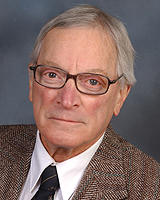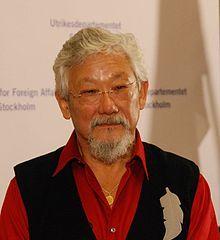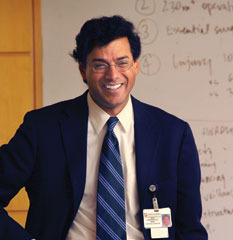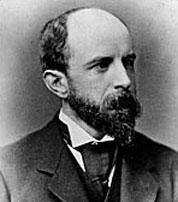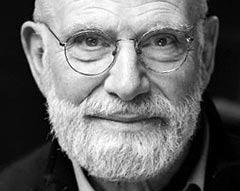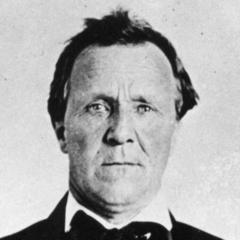Lewis Thomas Quotes - Page 5
Quotes about:-
-
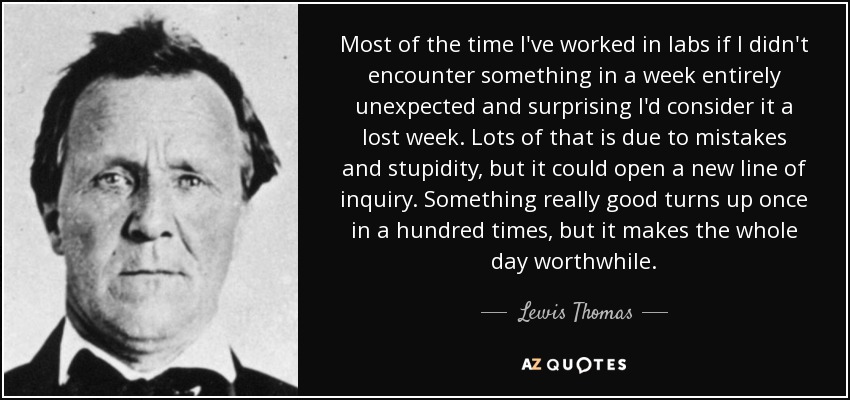 Most of the time I've worked in labs if I didn't encounter something in a week entirely unexpected and surprising I'd consider it a lost week. Lots of that is due to mistakes and stupidity, but it could open a new line of inquiry. Something really good turns up once in a hundred times, but it makes the whole day worthwhile.
Most of the time I've worked in labs if I didn't encounter something in a week entirely unexpected and surprising I'd consider it a lost week. Lots of that is due to mistakes and stupidity, but it could open a new line of inquiry. Something really good turns up once in a hundred times, but it makes the whole day worthwhile.
-
You May Also Like:
Lewis Thomas
- Born: November 25, 1913
- Died: December 3, 1993
- Occupation: Physician
- Cite this Page: Citation

